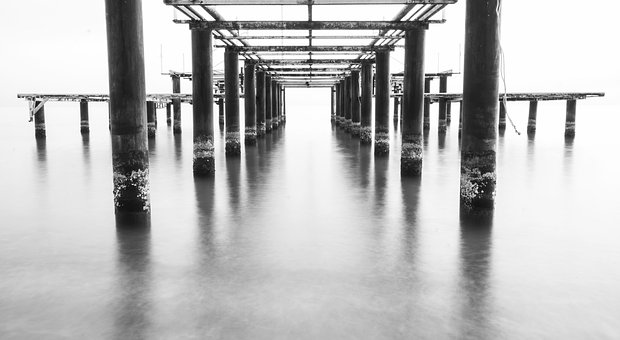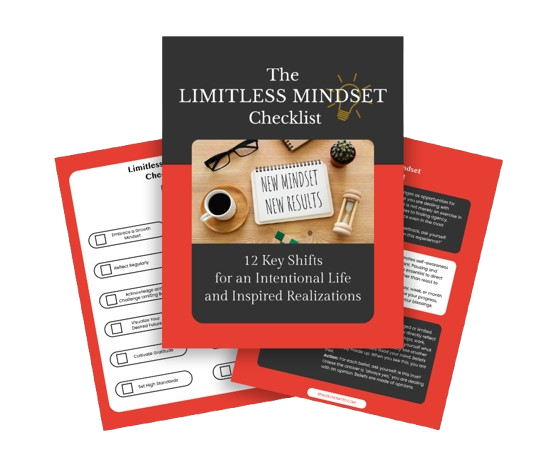
Many of us imagine exhilaration or excitement when thinking of happiness. Yet, for a lot of us, happiness is really a lack of suffering or suffering as little as possible. One of the main agents to cause pain and suffering is loss. First of all, let us distinguish pain from suffering. You may be familiar with this Buddha quote: “Pain is inevitable, suffering is optional”. We are more or less accepting the fact that pain is a part of life and loss is often times a cause to that pain. On the other hand, suffering is a different animal.
In the case of a divorce, even when both parties are amicably working their way out of the relationship, there is an avoidable amount of pain attached to the loss of the hopes and vision the couple used to share. Now, let us imagine that one or both of parties involved spy on the other’s Facebook profile every minute of the day, or sits hours on end in a dark room listening to sad songs. These choices are likely to intensify the unpleasantness of the situation by adding stress or nostalgia, which could very well be avoided by choosing a different approach to healing the broken heart. One could choose to spend time with a good friend, talk to a therapist, paint, walk in the woods or any number of things one would find nurturing or appeasing in such a situation.
Obviously, certain situations of life come with a tremendous amount of pain. Inevitably, the loss of a loved one will bring a great amount of pain and the mourning process will vary from one person to the other and dependent on the circumstances. Our awareness of that fact can cause us tremendous amounts of anxiety. Just the idea of losing someone may stir up strong emotions. At that point, it is the thought of loss that disturbs us, in which case this anxiety belongs to the realm of suffering. Facing others mortality and our own is a major preoccupation for us whether we realize it or not. We can allow ourselves to miss out on numerous opportunities if we let this anxiety get in the way of connecting with others. In attempting to avoid pain we shut ourselves down and turn away from that which could nurture our joy.
Mortality is directly linked to loss and so is mutability. Impermanence is unavoidable. Every living creature ages, landscapes and seasons change, our motivations and desires evolve and this constant movement and our incapacity to be comfortable with uncertainty can also cause much suffering. How often do we cling to a belief or a perspective although it may be detrimental to us? We may cling to unhealthy behaviors and habits, cling to toxic people or allow ourselves to drift into inertia and stagnation, which will invariably bring despair.
It is in our best interest to evolve in a deliberate way. It is for us to choose how we want to cultivate our own garden. To that end, we have to sacrifice or let go of something in order to develop ourselves, or maybe welcome something different in our lives. To be physically healthy we need to sacrifice time to exercise. To maintain good health we may have to sacrifice the enjoyment of the moment to invest in our future. This applies to money as well of course. Letting go of certain habits feels terribly close to a mourning process. I recall quitting smoking and to me it felt like I was saying adieu to a dear and trusted friend despite the fact that I was perfectly aware of the fact that it was a healthy and beneficial choice.
We all seek transformation into a better version of ourselves on one level or another. Even acting for the best, the sentiment of loss can feel overwhelming, and that is one of the reasons changing habits is so difficult. Yet, change is cyclical and constant. We have to reinvent and actualize ourselves as well as what we want to accomplish. Heroes’ stories are so compelling to us because in essence they give us a guide on dealing with loss and change. We look at the seasons and how every year we are leaving summer plunged into the dead of the winter via the decay in the fall to allow the awakening of the spring leading the apotheosis of the abundant summer ending with the fall and etc.
As much as there is an undeniable pain accompanying loss, it also comes with its share of gifts. Transformation for the better can be one of them. We have to let go of the old when it is broken to make room for the new. A cluster of old can result in clutter whether it is mental or physical. That clutter weighs us done in dramatic ways reinforcing confusion and disorientation. Novelty and change may carry hope especially when we are enduring a deep crisis of sorts. Sometimes, when pain is barely tenable our only comfort comes from the fact that “this too shall pass”. Utter despair occurs when the pain is strong and we fail to see a way out or an end to it.
What does it make it worth living since pain is inevitable, and our own mortality unavoidable? Well, if we believe that life is empty and meaningless there is really nothing to inspire us to transcend the darkness, and to overcome the share of misery we are to handle. On the other hand, we can all see how deeply we are moved when we witness a fellow-human being, whom in the face of their own grief persists in their determination to do good. Choosing bitterness and succumbing to anger is easy. Despondence and despair can be fatal. We may need a certain amount of time to absorb a harsh blow. Maybe we need to face the ugly, dark serpent that lingers inside of us. Ineluctably, there comes a time when we know we can stand up again. Hearing that call and acting on it is courage. Our knowing of what it took for us to stand up again gives us this inner confidence and serenity that we can enjoy the good because we are strong enough to face the pain of loss and to wrestle the bad.



Most people are under the impression that they are stuck in a chaotic and uninspiring life. At Realize, with life coaching, we guide our clients through a proven framework to confidently build a life where they thrive.
Florence Doisneau
Certified Life Coach
954.826.9172
florence@realizeunlimited.com
Overcome overwhelm and journey into self-realization with our Limitless Mindset Checklist. Spark insights that liberate your mind and realize your true self today!

Get My Free Checklist Now!